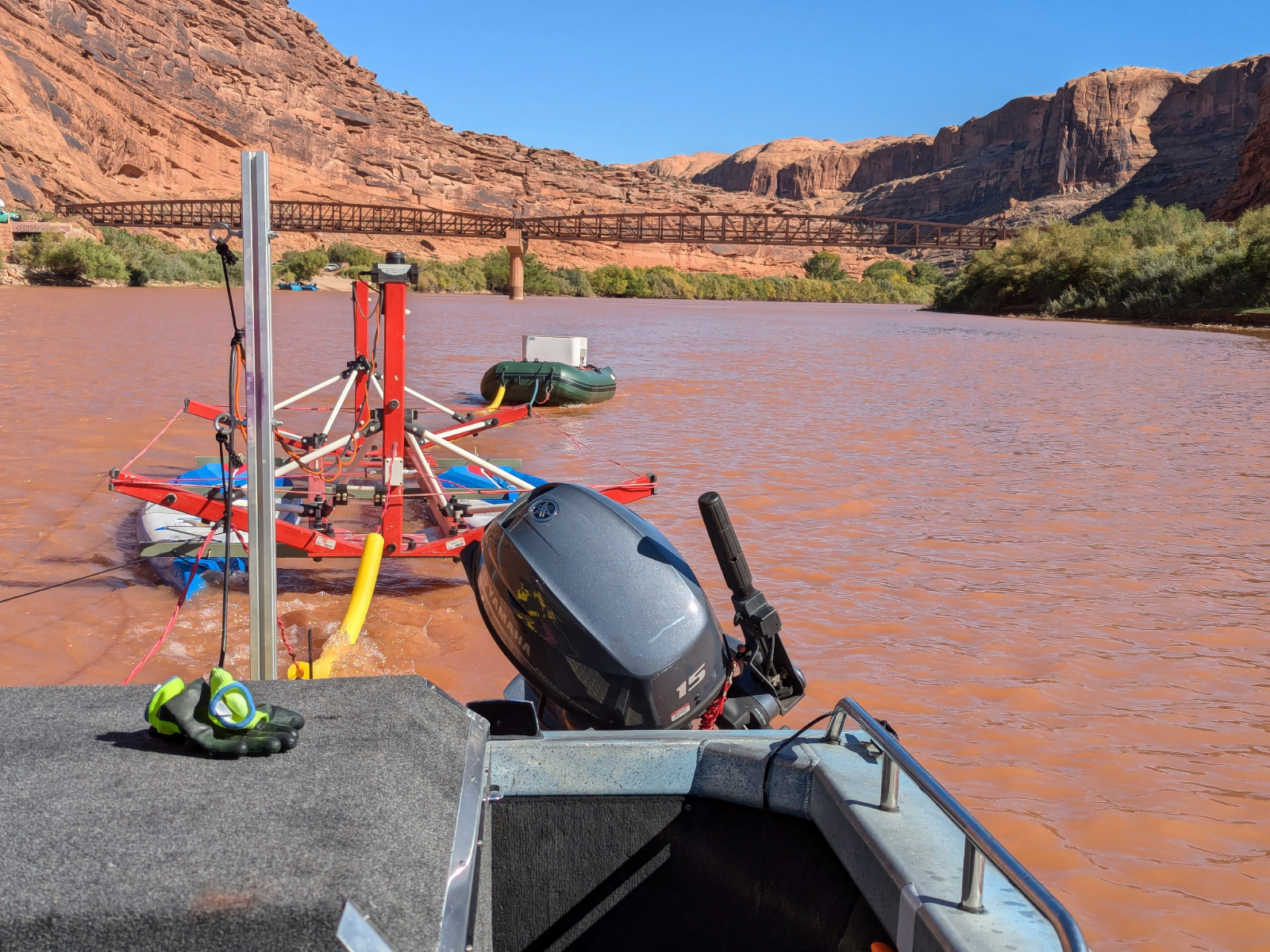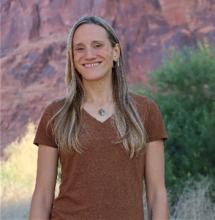RemPlex Seminar: Moab UMTRA Project
Progress toward closure at this complex site in Utah includes new and expanded groundwater investigations that help collaborators better understand contaminant behavior and refine remediation strategies.

An Update on Progress Toward Closure at a Complex Groundwater Site
- Tuesday, December 9, 2025
Presentation Slides (PDF)
Recording
Seminar Abstract
The Department of Energy’s Moab Uranium Mill Tailings Remedial Action (UMTRA) project is focused on the relocation of mill tailings and the remediation of contaminated groundwater at the site of a former uranium-ore processing facility. This seminar will provide an update on progress being made through collaborations with scientific partners and regulatory agencies as the Moab UMTRA project moves towards site closure. This will include presentations of new and expanded groundwater investigations that have been completed to better understand contaminant behavior and refine remediation strategies.
This seminar builds on a case study presented during the 2023 Global Summit on Environmental Remediation. Please visit the Moab Case Study webpage to view the session recording and presentations.
Presenters

- Ken Pill, Groundwater Manager, North Wind Portage, Inc.
Ken Pill is the Moab UMTRA project’s groundwater program manager. He has worked on the Moab project for over 20 years, assisting with the site characterization, groundwater interim action remedial system design and installation, and operation management. Currently he is involved with the Moab project’s groundwater compliance action development.

- Liz Moran, Environmental Manager, Department of Energy (DOE) Environmental Management Consolidated Business Center
Elizabeth (Liz) Moran is the environmental manager at the DOE Office of Environmental Management’s Environmental Management Consolidated Business Center for Moab. Prior to working for DOE Office of Environmental Management, she worked as a contractor for the UMTRA project for over 17 years as a hydrogeologist and environmental scientist and has focused mainly on groundwater contamination, habitat protection, and groundwater remediation. As the project approaches closure, Moran has been working on determining the final groundwater compliance action strategy and the end-state vision of the project. Prior to UMTRA, Moran was a geologist at the Nevada National Security Site.
Facilitators
- Christian Johnson, Senior Development Engineer and RemPlex Advisor, Pacific Northwest National Laboratory